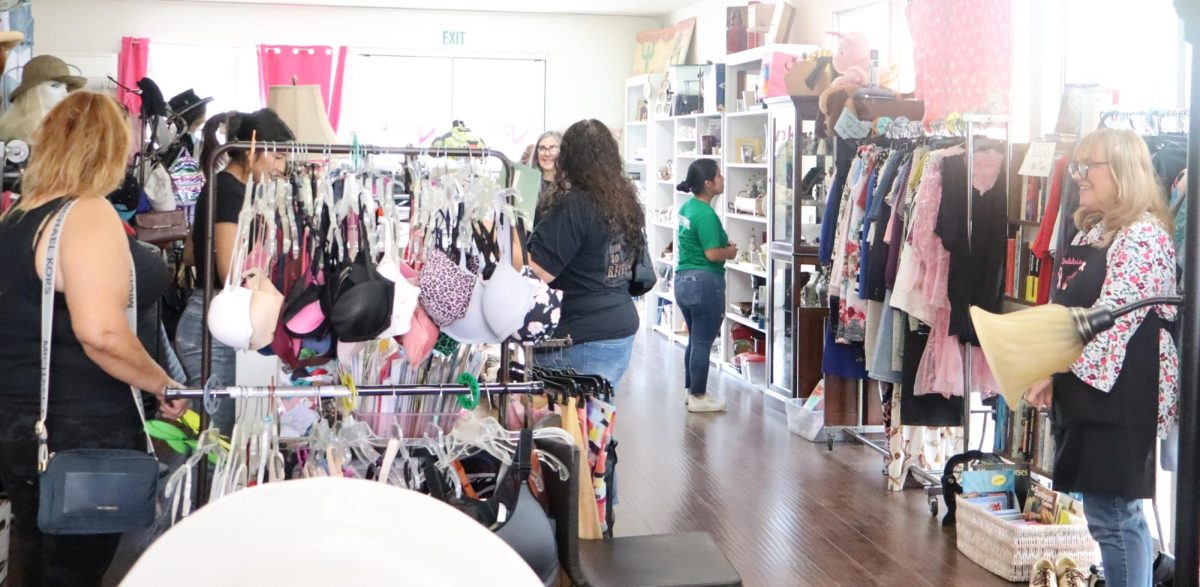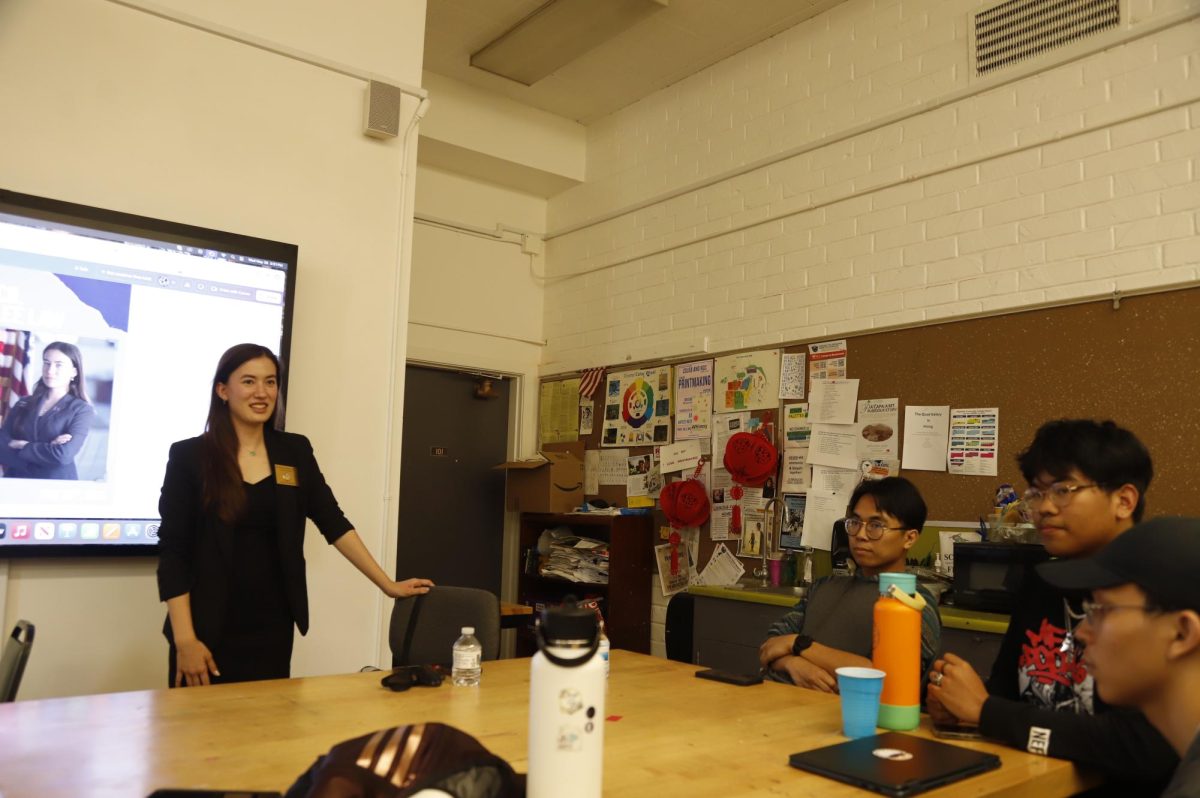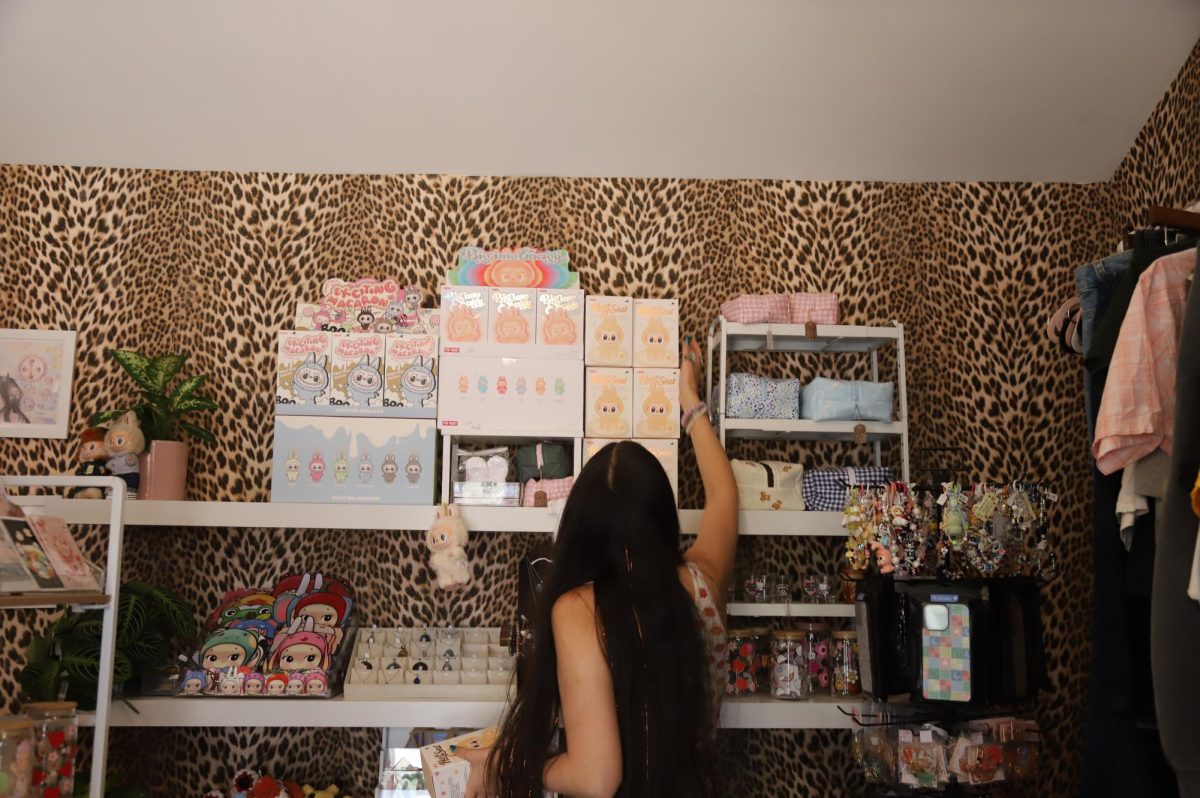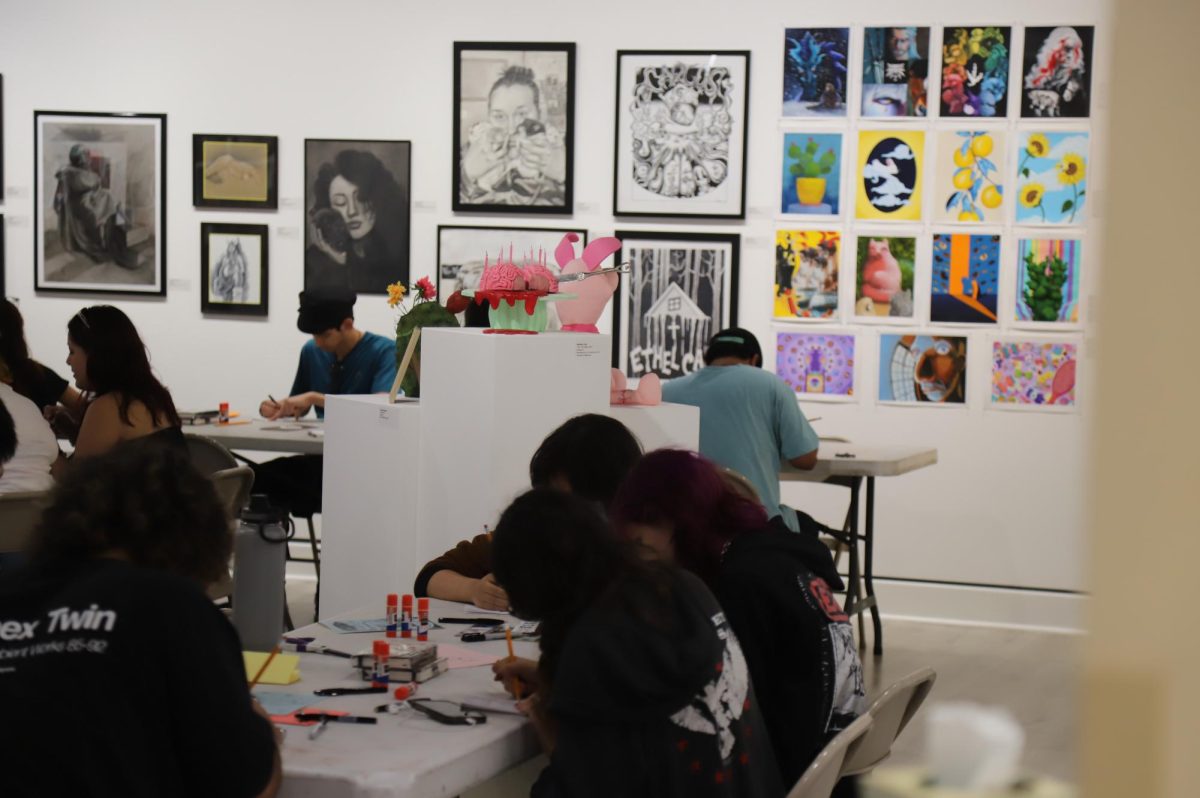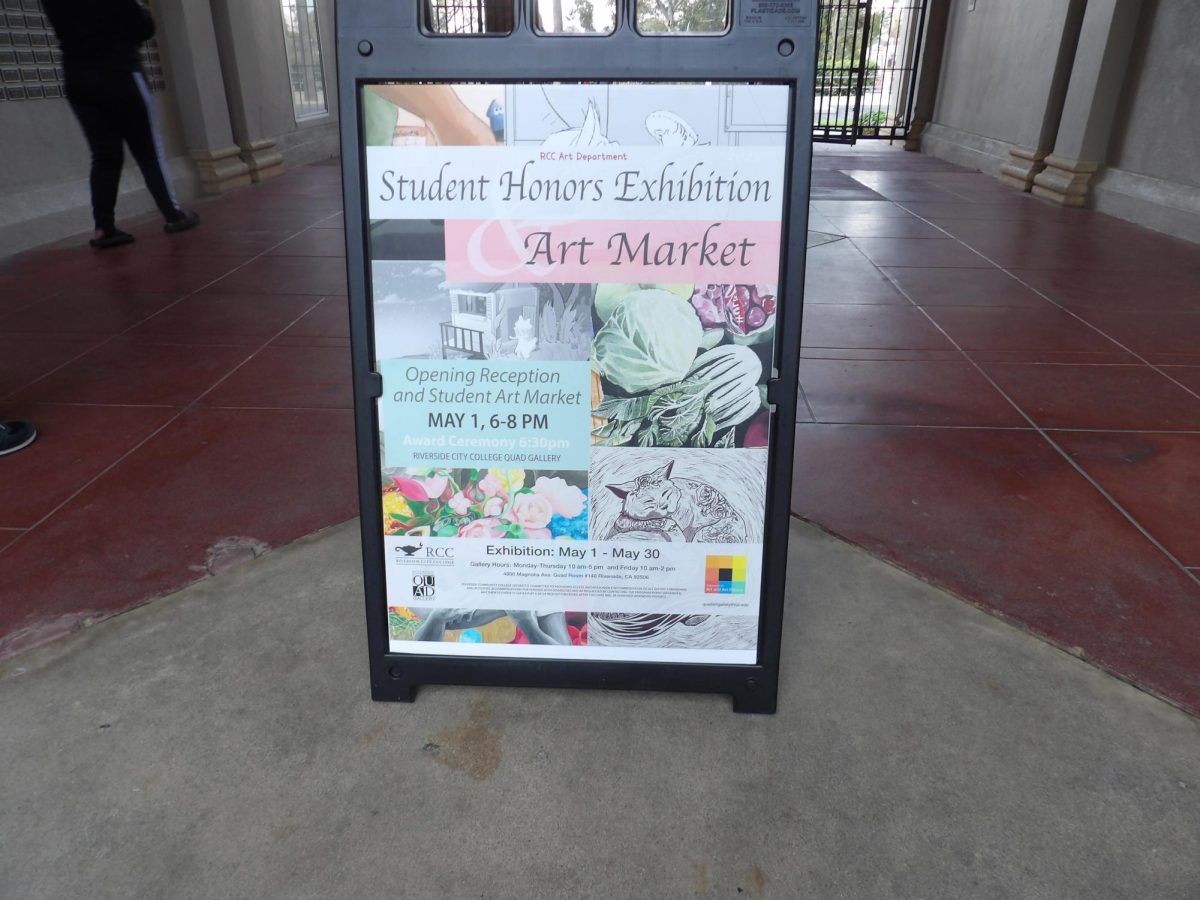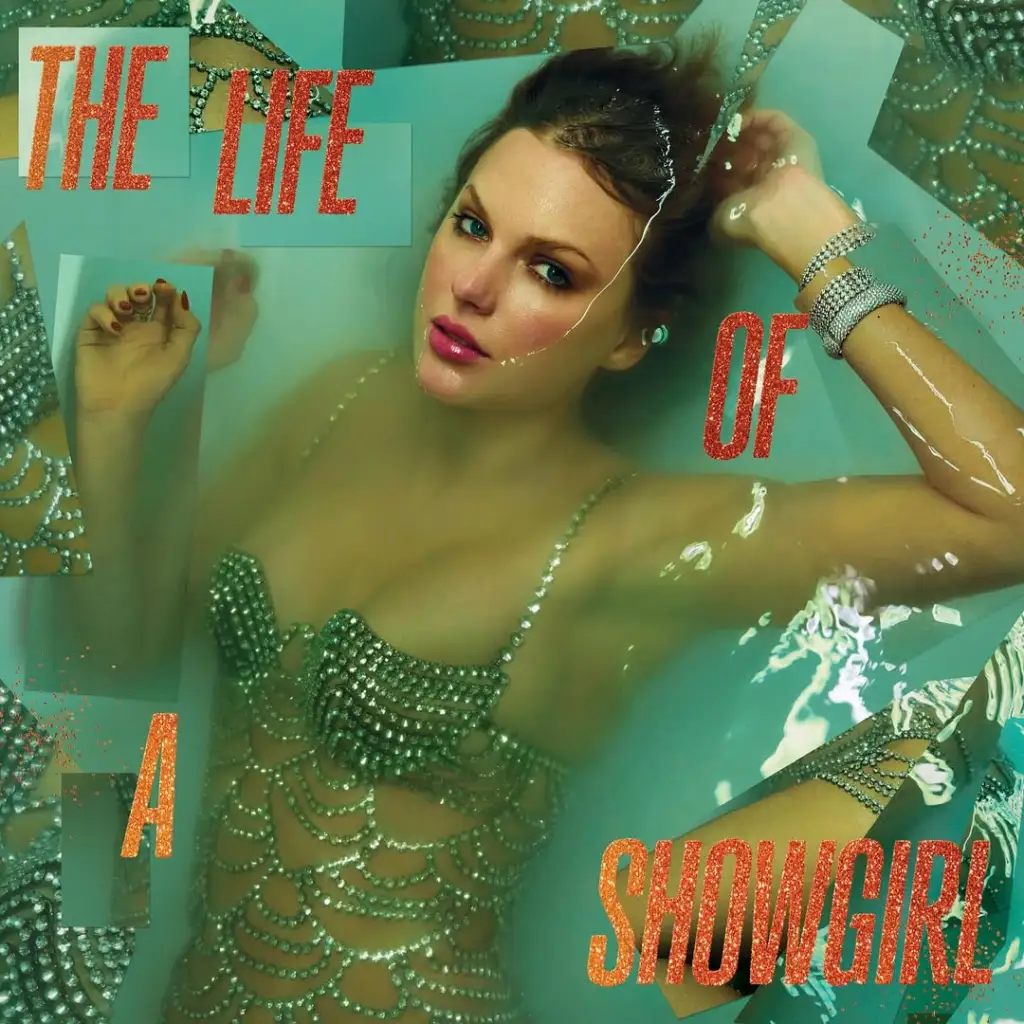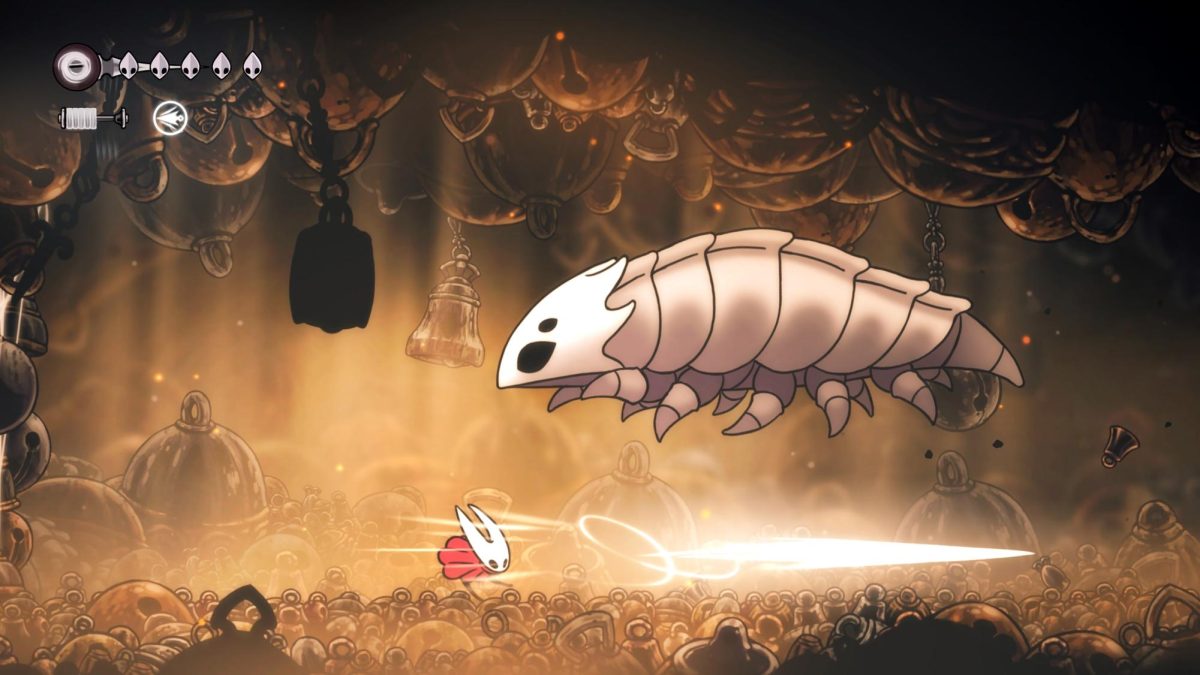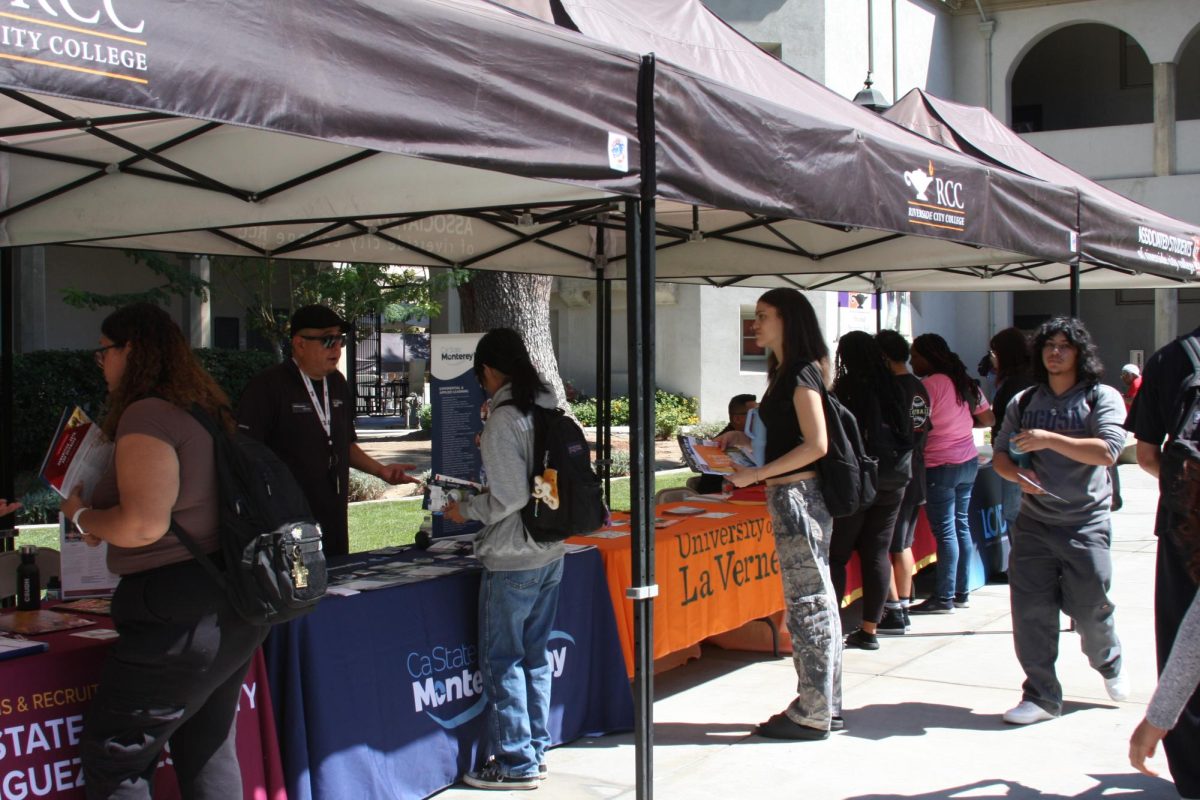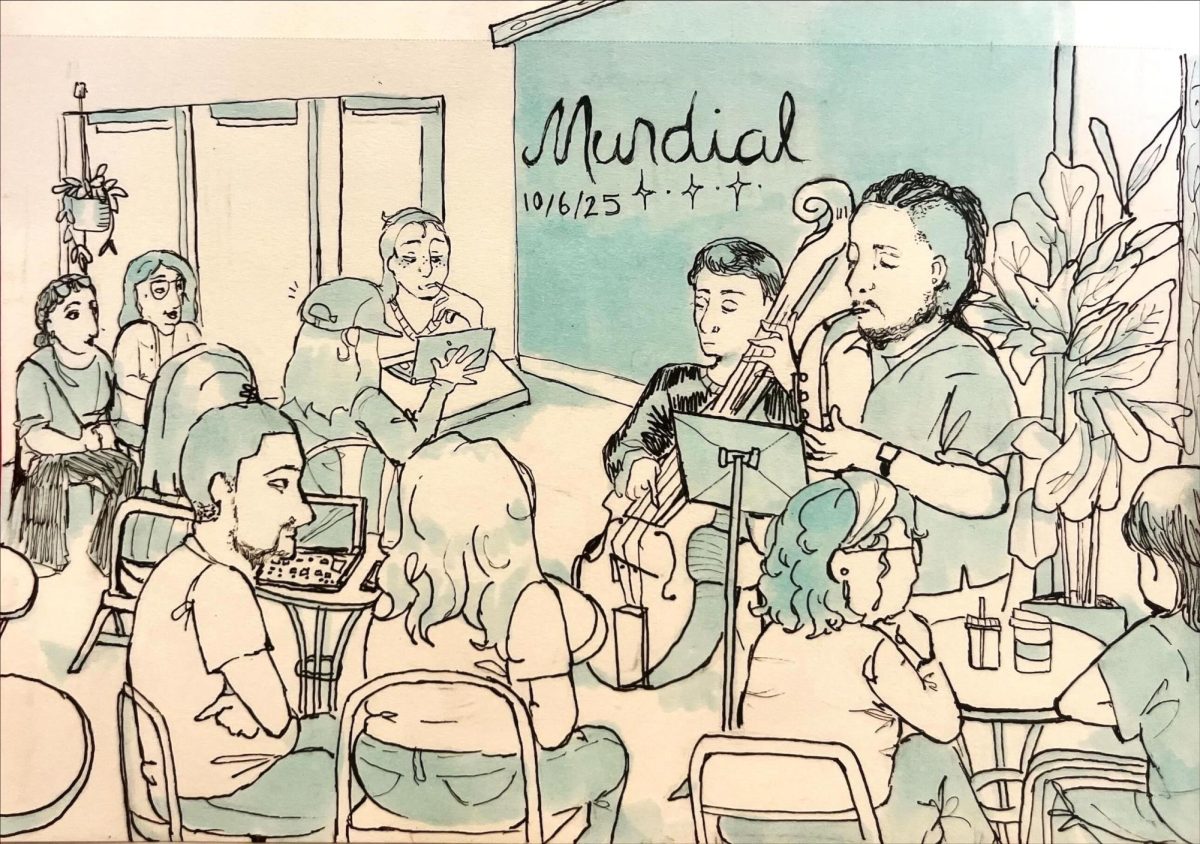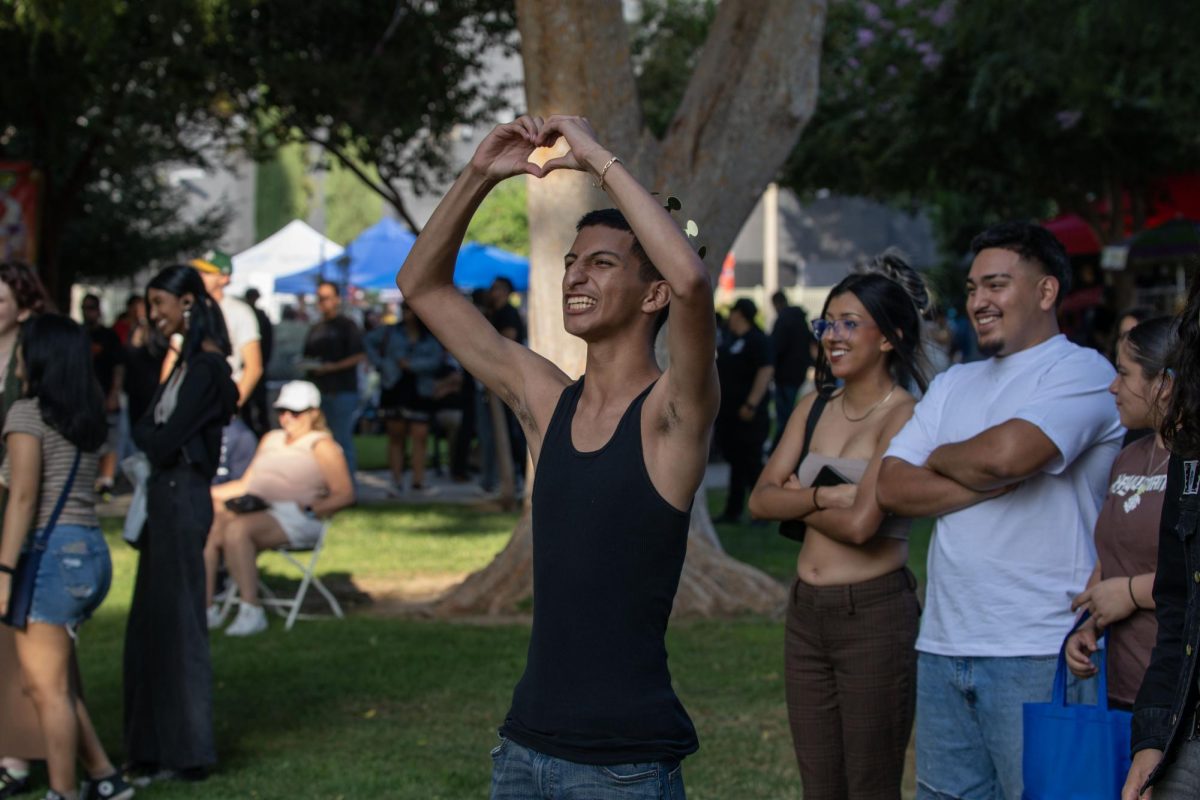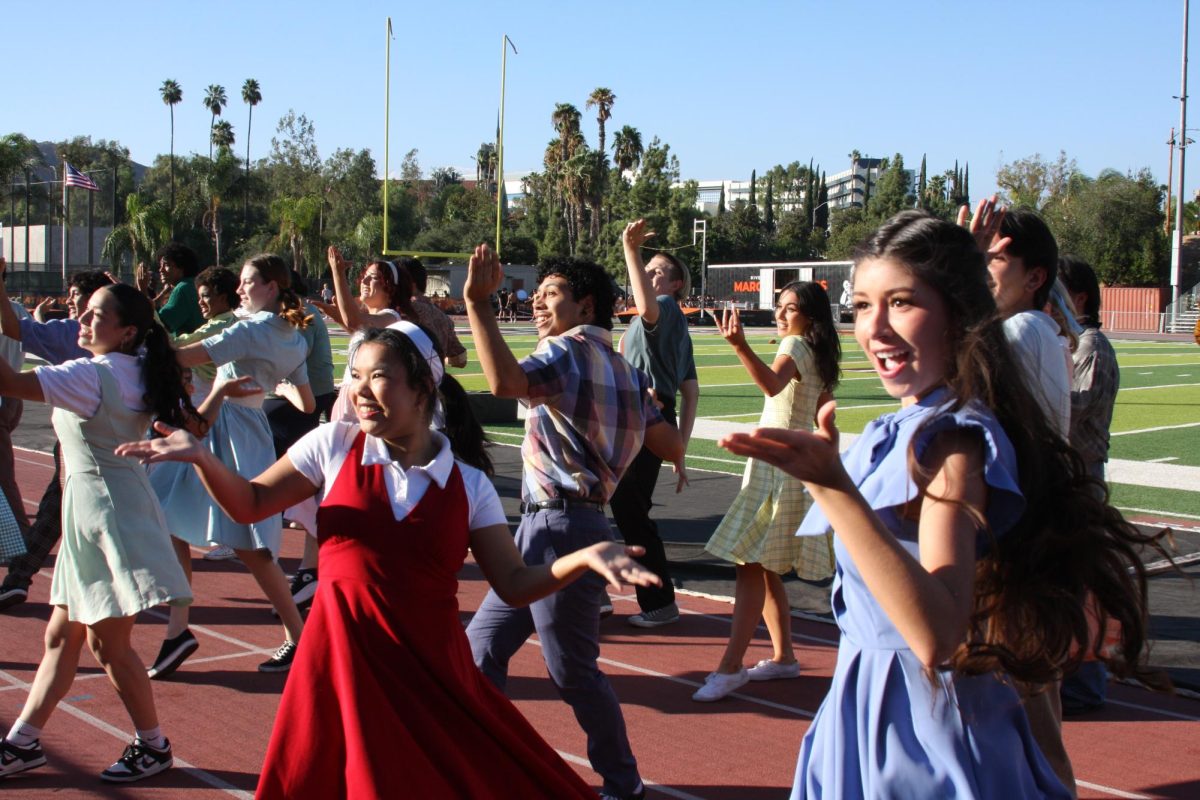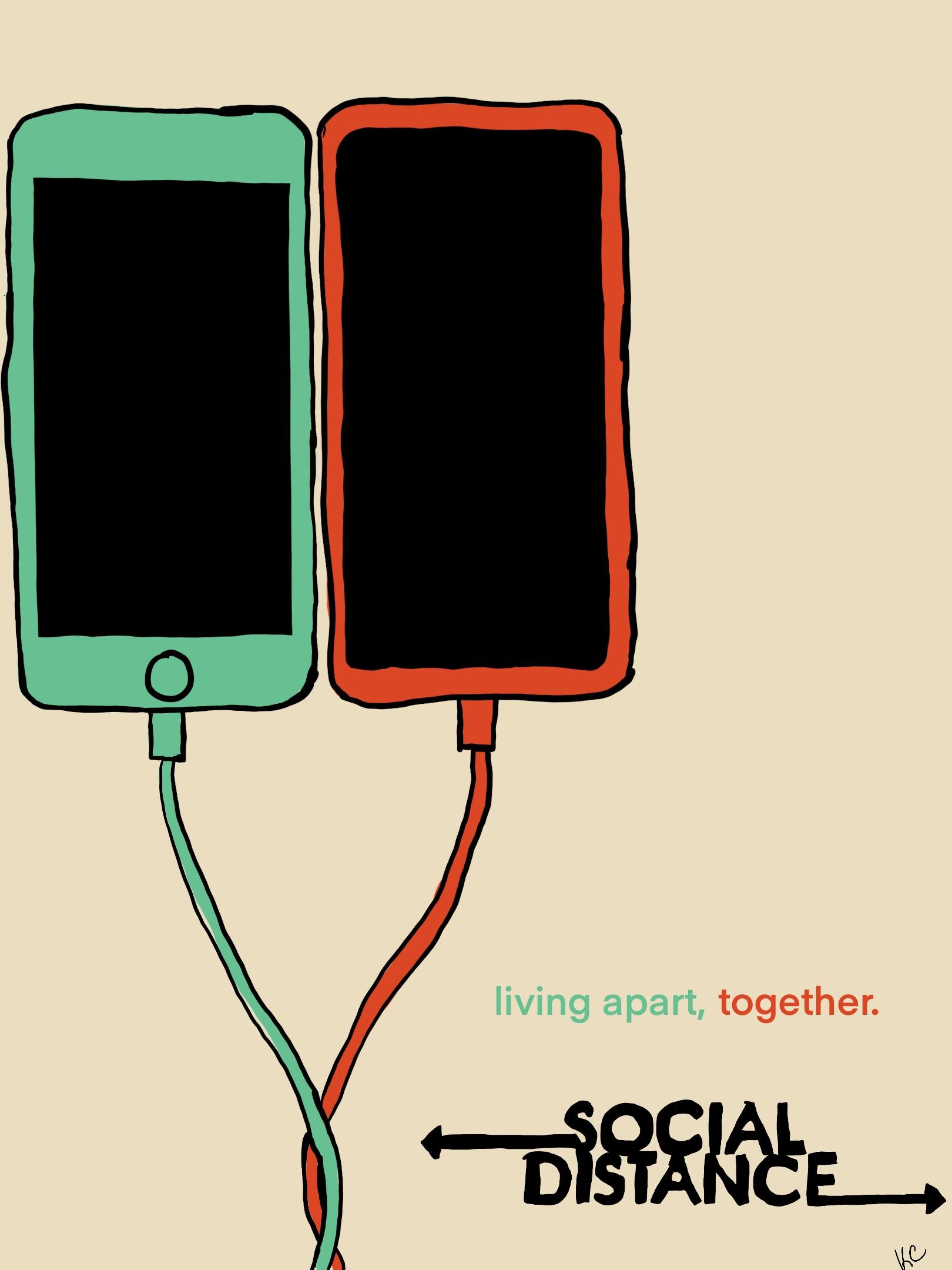
By Kyiesha Chavez
This year has been a strange year to say the least.
With the pandemic putting everything at a standstill for the past seven months, sometimes it’s difficult to remember anything besides COVID-19.
Netflix’s new anthology series “Social Distance” encapsulates this strange time perfectly.
Set in the first few months of the shutdown, the eight-episode show has been advertised by Netflix as showcasing “the power of the human spirit in the face of uncertainty and isolation.” The show starts in April and ends in May.
It focuses on how different people are coping with the effects of quarantine as well as the start of the Black Lives Matter protests in late May after the death of George Floyd.
This completely remotely filmed project displays the video calls, laptop screens and COVID-19-era events we’ve all become far too familiar with this year.
A small barber shop owner struggles to make virtual haircuts a thing. Partners new and old have bitter arguments due to constantly being together at home. A mother has to work while simultaneously keeping an eye on her school-age child. A grieving family gets worked up over Zoom because of one uncle not being able to figure out how to unmute his microphone on his own.
These are just some of the moments we will all look back on with not only disdain, but maybe even fondness in a few years.
Jenji Kohan, also known for creating “Weeds” and “Orange is the New Black,” created “Social Distance.” Each episode features a different story with a different cast, so everyone can find a specific portion to personally connect to.
The use of technology in this way for production also shows the realities of that use.
The pandemic has brought up a need to connect with others with social distancing rules in place, but it’s also shown the disconnect between us as humans.
We’re looking at webcam lenses and screens instead of eyes and talking to microphones instead of ears. It gives us an illusion of connection when this pandemic has brought us farther apart than we’ve been before.
What made this show stand out to me is how genuine and intimate it felt.
This is something we’re all surviving through, but we don’t see what life is like for others once the video chats end.
“Social Distance” describes how people clash because of experiencing the world differently from each other and does a good job of showing how most of us just dance around those differences to avoid conflict.
While “Social Distance” is a roller coaster of emotions jammed into eight episodes, it was an eye opening and honest glimpse into the lives that some people may be living now.
Technology may not be working to connect us, but Kohan’s project is a well done attempt at doing what shows do best: connecting us through emotion.

